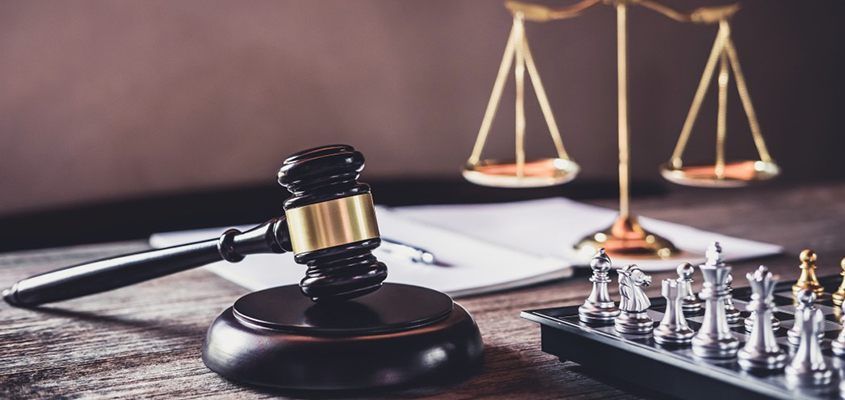Filing for Chapter 7 Bankruptcy is often a worrying and stressful process, but with a solid knowledge of your options, you can reduce the apprehension you probably know, there are two forms of bankruptcy for individuals. Chapter 7 and Chapter 13 bankruptcy might sound like gibberish, but the differences are few, and either one can be understood relatively easily.
So, What is Chapter 7 Bankruptcy?
Basically, Chapter 7 Bankruptcy is the most common form of bankruptcy, and is often referred to as a “liquidation bankruptcy.” It is an option for individuals, corporations, and partnerships, but businesses typically avoid this option as it makes continuation of the business impossible.
As the name implies, this type involves the trustee selling off all non-exempt assets to pay down any debts as much as possible. Any amount of debt left after liquidation of assets will be relieved. At this point, the courts put into effect the ‘automatic stay’ which keeps creditors from being able to lay claim on your property due to debts owed.
About the Chapter 7 Bankruptcy Process:
Filing for Chapter 7
The entire process may take you about half a year, and only costs $299 in filing fees. Only one trip to the courthouse is typically necessary. Lawyer’s fees will run between $500-2000, however, because dealing with the trustees who administer the estate is often a circuitous process.
Bankruptcy Forms
You’ll have to fill out paperwork that includes information about your: property, income, and living expenses, the property you believe should be exempt from liquidation, property owned and money spent over the last two years, and property you sold or donated over the last two years.
Bankruptcy Trustee
A court-appointed individual who is tasked with ensuring that your creditors are paid off. The trustee is paid by the creditors based on how much of the unpaid debt they are able to recover through the sale of your property.
Creditors Meeting
Typically about two weeks after filing, yourself and your creditors will be scheduled for a meeting. Here, you will be sworn in and asked questions regarding your income, property, and any other information the trustee deems important.
Debts included in Bankruptcy
Certain debts will not be discharged by Chapter 7 bankruptcy. Child support, student loans, and tax debt are common examples.
If you are in a situation where filing for bankruptcy seems inevitable, do yourself a favor and hire a lawyer to discuss your situation. Making the right decision here will make life much easier down the road.
Frequent Questions about Chapter 7 Bankruptcy
What is a Chapter 7 Exemption?
Exempt property is any item or property you own which, by law, is excused or protected from liquidation. To put it simply, an exemption is anything your trustee can’t sell to raise money for your creditors. No matter what happens during the rest of a Chapter 7 case, you can hang on to your exempt assets.
As far as what types of property are considered, the Chapter 7 bankruptcy laws vary from state to state. Most states provide bankruptcy exemptions for basic and necessary items.
How Much Property will be Protected by Chapter 7 Exemptions?
This is where your bankruptcy attorney may play a very important role. Specific exemptions differ from state to state, so the Chapter 7 exemptions that apply to your case depend on where you live.Also, your family situation may affect your exemptions, too. For example, if you are married or have children then, in some states, more of your property is exempt.Most states, though, excuse similar kinds of property from liquidation, including:
- Home Car
- Some of your earnings
- Work tools
- Other personal property
How much of these items can you keep?
This varies according to states. Some state laws are written to allow simply “100 percent of all property of this type.” Other times, laws put a limit, such as “Up to $5,000 worth of this type of property.”
This specific question depends on your belongings and financial situation, most people who are eligible to file for Chapter 7 Bankruptcy protection have little or no non-exempt property. In most Chapter 7 cases, there is no sale of any property.
In other words, in the eyes of the bankruptcy law, they need everything they own and typically keep most, if not all, of those possessions.
For complete details on how your property would be protected if you filed Chapter 7 bankruptcy, speak with a local bankruptcy attorney. Your attorney can discuss your case and the laws in your state.

